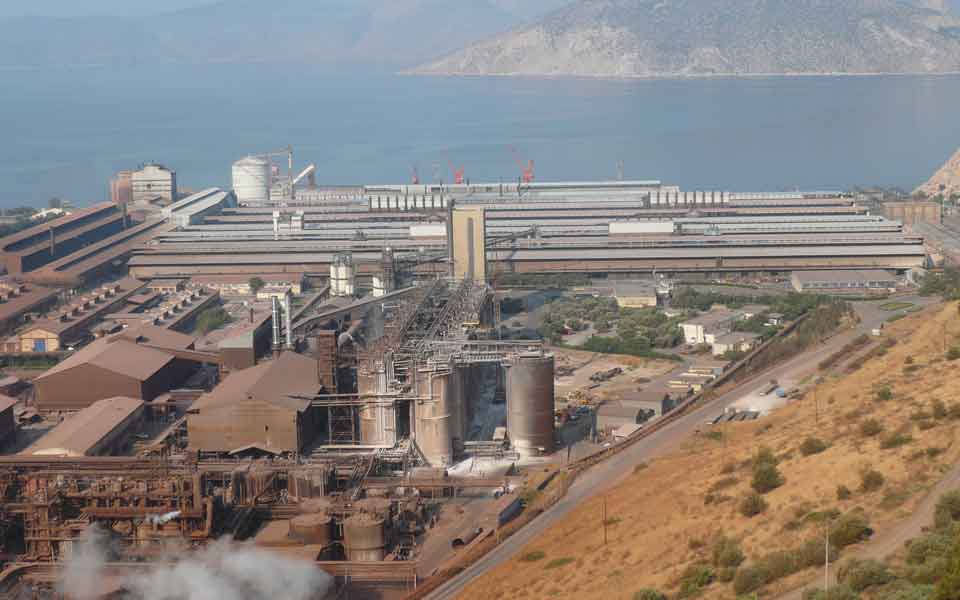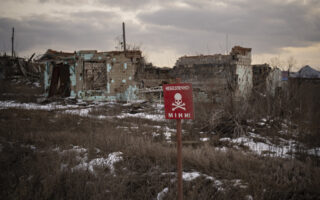Attention shifts to rare earths
Greece sees opportunity for exploitation of some of its precious raw material elements

The government sees opportunities to exploit domestic deposits of rare earths and critical raw materials after restrictions announced by China on exports of gallium and germanium, which are essential raw materials for the manufacture of semiconductors.
During the weekend, Environment and Energy Minister Thodoros Skylakakis requested detailed information from the Hellenic Geological & Mineral Research Authority (EAGME and former IGME) regarding the areas of probable deposits of rare earths and critical raw materials with the aim of evaluating the most mature that could initiate a further exploration program to identify them, and the potential for mining.
Earlier in the week, the European Commission contacted Mytilineos and asked the Greek group to investigate the production of gallium as a by-product in the process of converting bauxite into alumina, a raw material for the production of aluminium at the facilities of Aluminium of Greece in Viotia.
The EU sources 71% of its gallium and 45% of its germanium from China, according to the EU, but there are only a few companies outside China capable of producing the high-purity metals used to make microchips, solar photovoltaic cells and fiber-optics.
Kathimerini understands EAGME submitted to Skylakakis’ office during the weekend a complete file with the mapping of the areas that have been explored in the past in collaboration with the Hellenic Center for Marine Research (ELKETHE) and show significant signs of the existence of deposits of rare materials as well as proposals for the next steps required if there is political will for their utilization.
The first step is the acceleration and intensification of ore investigations (geophysical and chemical analyses) in the areas considered most mature, with funding from the new NSRF programs. Afterward, and in order to find out if the indications are confirmed, some drilling will have to be done, which according to the estimates of competent officials, in the best of cases, will start in 2024 and will last at least two years.





